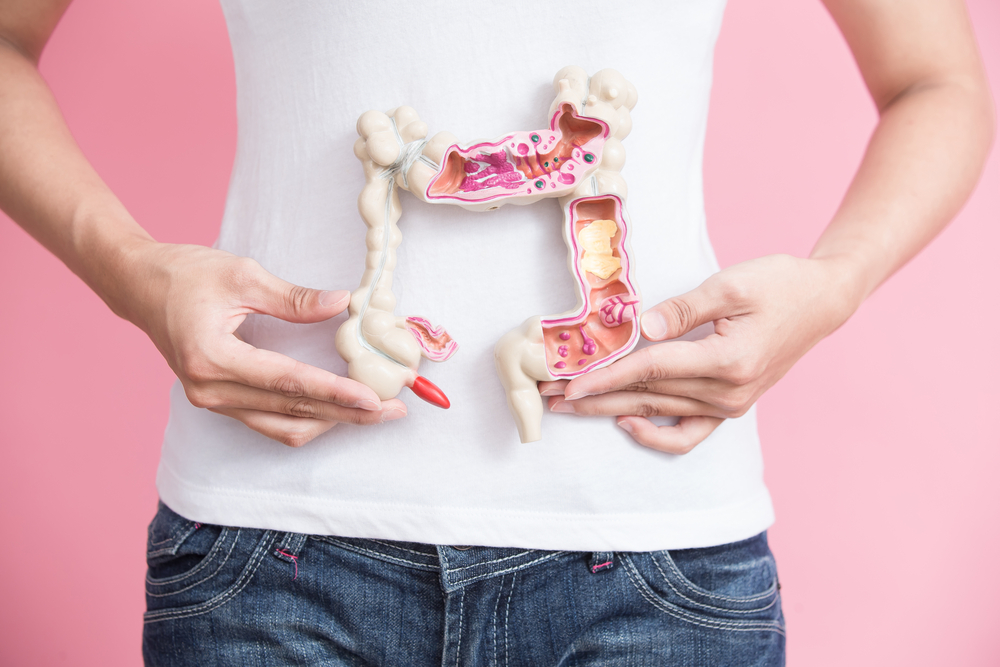Colorectal Cancer – Causes, Symptoms, and Treatment Options
Colorectal cancer is also termed as colon cancer. It tends to affect the colon, which is the last part of the digestive tract, or the rectum. In the initial stages, it remains non-cancerous and one may find the appearance of clumps of the cell on the colon. These clumps of cells are popularly known as adenomatous polyps. With time, these non-cancerous polyps can take the shape of cancerous tumors.
It has been estimated that every year, one among 21 men and one among 23 women are affected by colon cancer.

There are almost four stages associated with colorectal cancer and these include:
- Early stage : In this stage, cancer remains inside the inner layers of the colon.
- First stage: The cancer has although come out of the inner layer but it has not expanded to the rectum.
- Third stage: The cancer grows near lymph nodes
- Fourth stage: The cancer spreads to nearby organs.
What is the main cause of colon cancer?
A large number of factors are responsible for increasing the risk of colorectal cancer. With changes in DNA cells, colon cancer begins to occur. It mainly attacks the gene cells and the disruption in functioning results in cancerous growth in the rectum.
Inherited gene mutation:
- Lynch syndrome occurs due to changes in the genes. Mutation is regarded as an enzyme which repairs the DNA and these enzymes become incapable of repairing the DNA which ultimately leads to cancer.
- The APC gene is used for suppressing tumors and it regulates the functioning of cell growth. However, in some people, this gene fails to work properly, thereby causing the development of polyps.
- Colorectal cancer can also be caused due to MAP (MYH-associated polyposis) which, basically, is in charge of the cells and help check whether any problem is being encountered during the cell division process.
Acquired gene mutation:
- Gene mutation that is a major cause of colon cancer is known as acquired gene mutations. The changes in the DNA seem to influence only the originally mutated cells.
- The occurrence of this mutation inside the APC genes might lead to the growth of colorectal cells as cell growth becomes uncontrollable.
Symptoms of colon cancer
If a person is facing any of the following problems, then they should immediately consult a physician.
- Diarrhea
- Black colored stools
- Severe abdomen pain
- Fatigue
- Sudden weight loss
- Problems pertaining to the bowel movements
- Bleeding rectum
- Lump in the abdomen
- Changes in bowel habits
- Experiencing a fuller stomach even after not having food for a longer period
Treatments options for colorectal cancer
The treatment of colorectal cancer largely depends on the size or location of cancer. Here is a list of some of the treatment options for cancer.
- Chemotherapy involves the use of medications for destroying the cancerous cells. Prior to surgery, chemotherapy tries to reduce the size of the tumor.
- Ablation is another popular procedure that can provide relief to patients with colon cancer. This procedure could help permanently destroy the tumor. Cryosurgery is generally performed along with this process.
- Another surgery that is conducted for colorectal cancer is known to sew the bowels. It is done to avoid any further risk of the spreading of the cancerous tumor.















